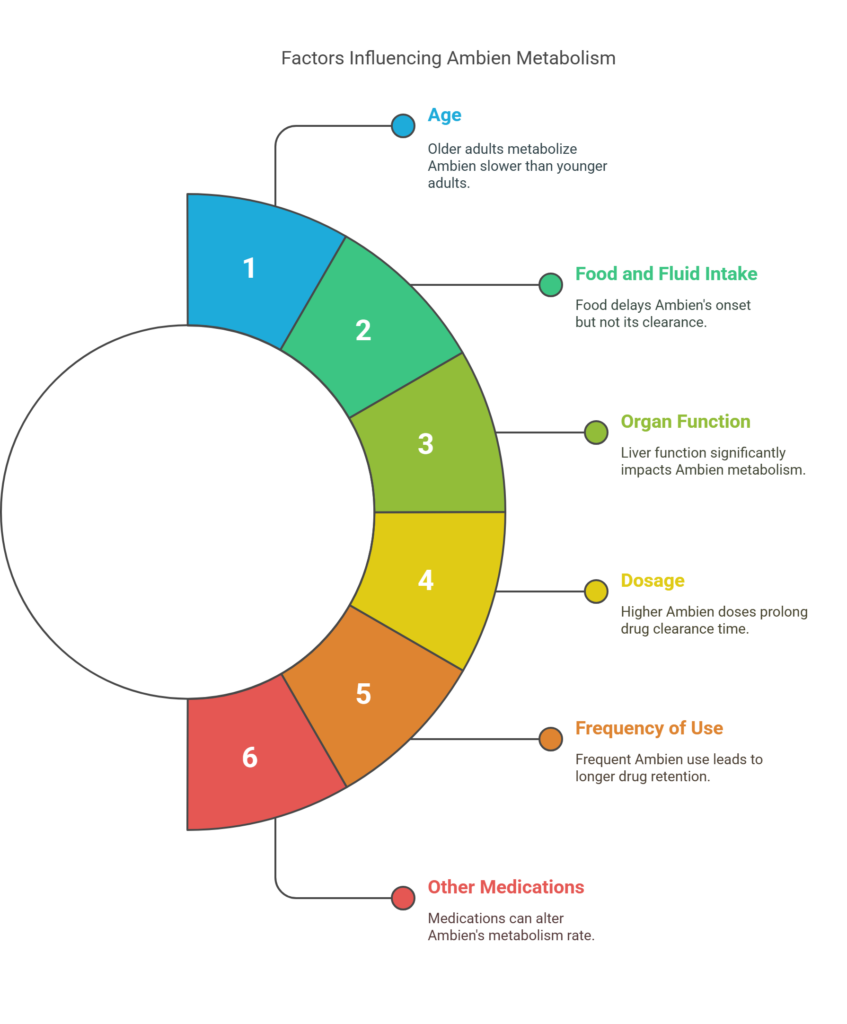Stomping or rolling in bed can cause fatigue and make it difficult to wake up feeling centered. People experiencing insomnia may find comfort with the help of Ambien. However, have you ever thought how long does Ambien stay in your system? The answer is important – sometimes, it could save your life, but most importantly – your sanity.
At Relevance Recovery, we empathize with how aggravating it may be to even deal with the side effects of medications or worry about dependency issues, or, for that matter, just not knowing what’s going on within the inner recesses of your being. That is why we are here: not only to provide answers to your questions but also to show you a better way and a better path for health and clarity. Perhaps you’re just wondering, or maybe you are trying to find your escape; regardless, you can depend on us to stay beside you with kindness and tangible help that prioritizes your needs.
 The knowledge regarding how long does Ambien stay in your system can be essential if you worry about potential drug tests or the substance’s aftermath. Let’s take a closer look at how long it stays in different parts of your body:
The knowledge regarding how long does Ambien stay in your system can be essential if you worry about potential drug tests or the substance’s aftermath. Let’s take a closer look at how long it stays in different parts of your body:
Ambien is a sedative-hypnotic and may test positive as a non-benzodiazepine in specialized drug screenings. Standard drug tests typically do not detect it, but certain advanced panels designed for prescription drugs can identify its presence in your system.
The elimination half-life of Ambien is about 2 to 3 hours for most individuals. This means half the dose is metabolized within that time. However, its effects may last longer depending on factors like age, metabolism, and overall health.
Sleeping pills like Ambien can remain in your system for up to 24 hours, though their effects usually wear off within 6 to 8 hours. The exact duration depends on the dosage, metabolism, and any underlying health conditions.
Ambien may cause grogginess, dizziness, or a “hangover” feeling the next day, especially if taken late at night or in higher doses. These side effects vary by individual and are more common when the medication is not used as directed.